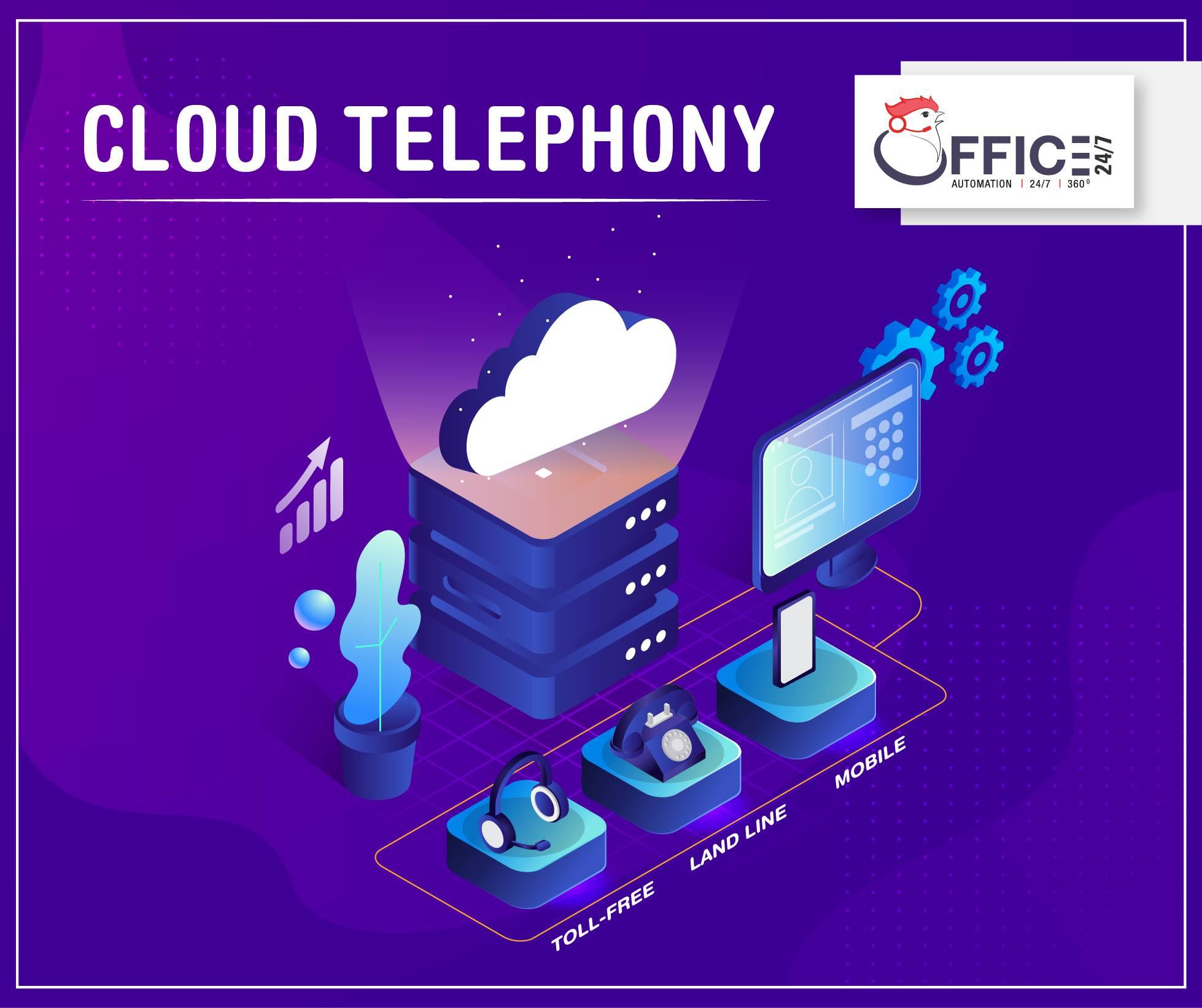Cloud Telephony: Things to Know Before You Make the Big Switch

The rapid pace of technological change today has led to the automation of traditional and manual forms of communication. Taking control of your communication processes by automating has become a necessity in the modern world. Among the solutions that bring this change to the communication industry is cloud telephony.
The cloud has affected the masses around the world. When it comes to its business impact, it has been a catalyst for the development of several new services that have enhanced the customer experience and sustained business growth.
To remain competitive in the communication industry, moving to cloud telephony makes the most sense for a business. Despite that, there are a few things you need to know before making the switch to cloud telephony, and this article provides you with valuable information.
In What Ways can Cloud Telephony Be Accessed?
Cloud telephony is a telecommunications technology that allows the entire infrastructure of a communication network to be hosted over the cloud by a service provider. It offers enhanced customer service by enhancing customer interaction. The cloud telephony system can be accessed via two networks:
1. PSTN (Public Switched Telephone Network)
The copper wires used on a circuit-switched telephone network make it a traditional type of telephone network. From the 1800s until now, it has proven to be a reliable means of communication.
2. IP (Internet Protocol)
An Internet connection is used to initiate and facilitate calls in the case of cloud telephony. It is also known as a VoIP service and these services are already available in many countries.
What Are the Benefits of Cloud Telephony Over Traditional Telephony?
The benefits of cloud telephony over traditional communication methods are numerous. Below is a comparison between on-premises and cloud-telephony solutions.
1. Implementation
Cloud telephony being a cloud-based phone system, is hosted at a service provider's data center. For this reason, organizations do not need to purchase a dedicated area for business communications.
Telephony systems installed on-premises are installed locally within an organization. Additionally, bulky hardware requires additional and dedicated space. This will result in additional expenditures, thereby affecting ROI.
2. Pricing
Every business considers the cost of a service before purchasing it. Unlike traditional telephony systems, cloud telephony does not require a large upfront investment. A basic operating cost is a charge that the organization must pay for the services they use.
Nevertheless, a communication system set up on-premises requires a substantial amount of capital. It takes a lot of expensive equipment, office space, and an infrastructure management team to get started.
3. Data Security
Cloud telephony systems store and handle data securely. With the latest technology and tools, these cloud service providers are capable of handling vital data. Any security threats must be handled by the cloud telephony vendor. Cloud telephony service providers store data in their data centers and manage them through highly professional and dedicated teams.
As the owner of your data, you are responsible for its management and security. The data might need to be handled manually by security managers, which would require a secondary workforce. Additionally, your security personnel needs to stay up to date on security threats and other safety concerns.
4. Adaptability
With cloud telephony, you can easily expand your business. Cloud telephony makes it possible for businesses to deliver on-time requirements. If you are planning to move your business from one location to another, cloud telephony is an excellent option.
In the cloud-hosted systems, new agents and departments can be easily added. With the traditional telephony system, the increase in demand might take weeks or months. In order to maintain quality and efficiency, these systems are limited in scale and need to be replaced continuously.
5. Ease of Access
Using cloud telephony, you can access your data from anywhere and at any time with your data in the cloud. There is only a requirement to be able to access the internet. Within seconds, all your vital data can be accessed from your system; this gives you access to data even when you're on the road.
Your files are not accessible outside of the on-premise system. Due to the fixed nature of these systems and the fact that they are not connected to a network, you cannot access data anywhere else aside from the system.
6. Recovery from Disasters
Disaster recovery management remains the primary concern for most businesses. Your data is always safe in the cloud while using a cloud telephony solution because it is stored at the data center of the service provider. The data is also replicated at multiple locations as an additional security measure. Consequently, data within a cloud telephony solution won't be lost in the event of a natural disaster.
On the other hand, on-premise systems are not equipped with disaster recovery capabilities since the data is stored at the enterprise. Until you have a backup, a disaster or hazard at the company premises cannot be recovered.
Conclusion
Cloud telephony is a unified communication solution. As a low-cost, scalable solution, it is a favorite of every industry such as healthcare, education, e-commerce, real estate, banking, etc. It's also simple to use and more secure.
The time for your business to move to the cloud is now. Need a cloud telephony service provider for your business? Get in touch with us by calling 91 7097171717 or sending an email at sales@office24by7.com to get your business in the cloud.
- Industry
- Art
- Causes
- Crafts
- Dance
- Drinks
- Film
- Fitness
- Food
- Games
- Gardening
- Health
- Home
- Literature
- Music
- Networking
- Other
- Party
- Religion
- Shopping
- Sports
- Theater
- Wellness
- News


